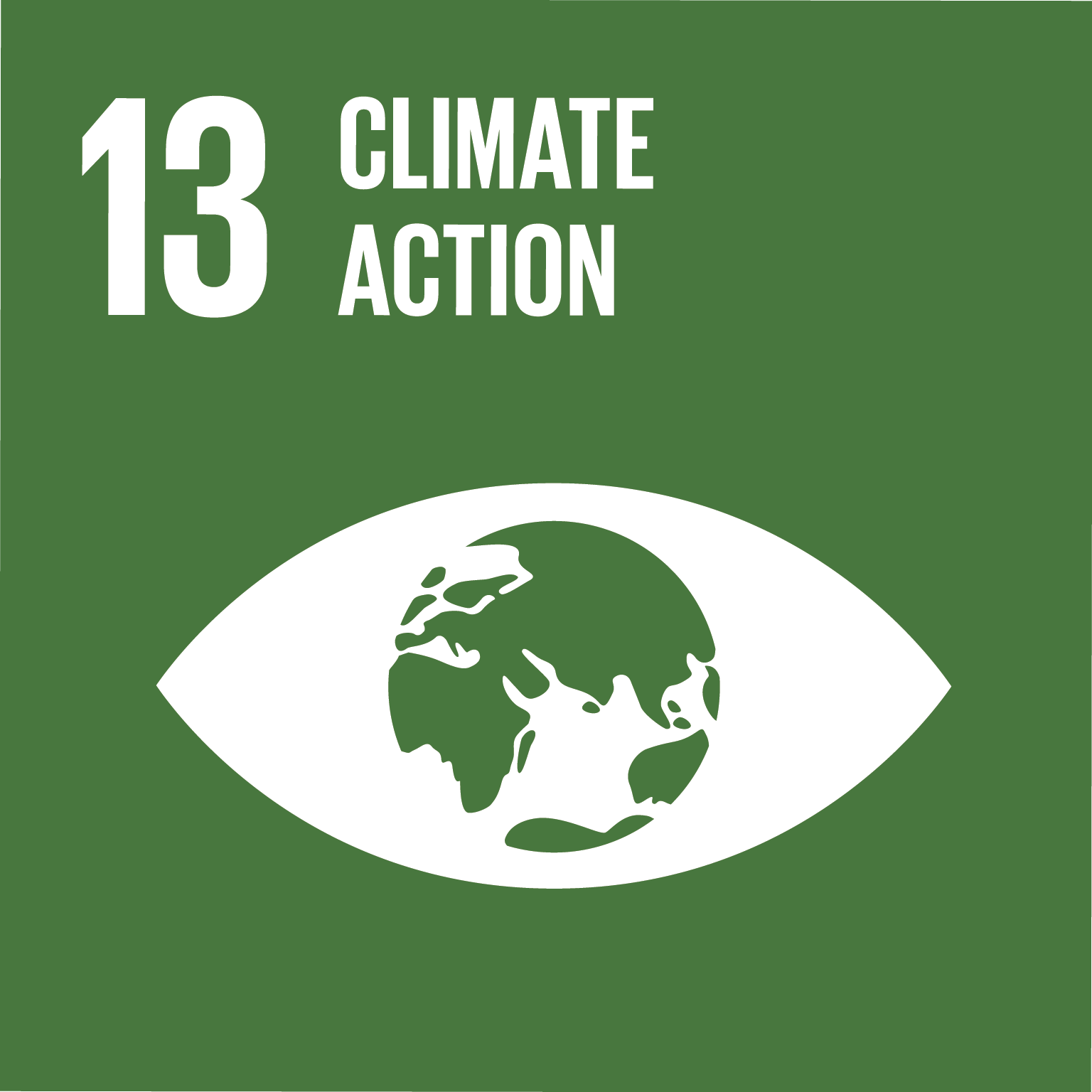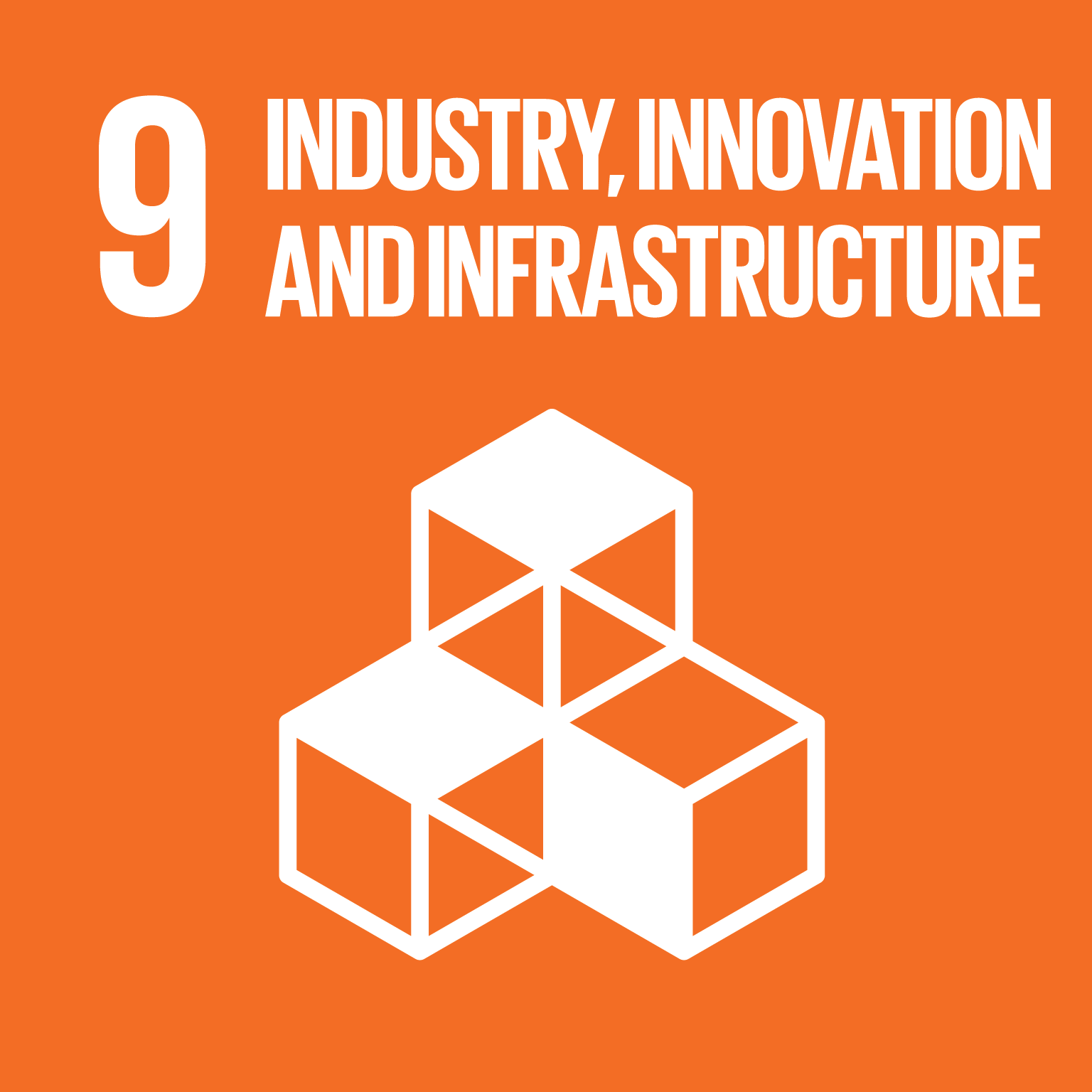|
Development Bank Of Ghana
The Development Bank Ghana (DBG) is a government-owned development bank in Ghana. Owned by the government of Ghana, the institution has received grants and loans for on-lending to Ghana's commercial banks, from the African Development Bank, the World Bank Group, the European Investment Bank, and the German Development Bank. The DBG focuses on providing indirect loans to small and medium enterprises (SMEs), with less than 100 employees each. A key area of interest in their immediate and long term plans is environment, social and governance focus to help build a sustainable economy in Ghana. Fostering solid collaborations to support growth in the economy, generate jobs, and strengthen the capabilities of SMEs is the goal of DBG. DBG offer de-risking services and long-term funding, supported by technology and research and insights that are founded on solid facts. DBG additionally aims to draw in, nurture, and keep talented individuals. Run as a self-sufficient, eminently successful ... [...More Info...] [...Related Items...] OR: [Wikipedia] [Google] [Baidu] |
Parastatal
A state-owned enterprise (SOE) is a government entity which is established or nationalised by the ''national government'' or ''provincial government'' by an executive order or an act of legislation in order to earn profit for the government, control monopoly of the private sector entities, provide products and services to citizens at a lower price and for the achievement of overall financial goals & developmental objectives in a particular country. The national government or provincial government has majority ownership over these ''state owned enterprises''. These ''state owned enterprises'' are also known as public sector undertakings in some countries. Defining characteristics of SOEs are their distinct legal form and possession of financial goals & developmental objectives (e.g., a state railway company may aim to make transportation more accessible and earn profit for the government), SOEs are government entities established to pursue financial objectives and develo ... [...More Info...] [...Related Items...] OR: [Wikipedia] [Google] [Baidu] |
GCB Bank
GCB Bank Limited formally known as ''Ghana Commercial Bank'' is the largest bank in Ghana in terms of total operating assets and share of industry deposits, with 14.2% of total industry deposits. In August 2017, the Bank of Ghana, the nation's central bank, announced that it had approved a Purchase and Assumption transaction with GCB Bank Limited for the transfer of all deposits and selected assets of UT Bank and Capital Bank (Ghana) to GCB Bank Ltd. Overview GCB Bank Ltd is the largest indigenous financial institution in Ghana with 184 branches. , the bank's total assets were valued at about GHS9.7billions+, with shareholders' equity of approximately GHS:1.3billion+. History The bank was founded in 1953, with 27 employees, as the Bank of the Gold Coast. Initially, it focused on serving Ghanaian traders, farmers, and business people, who could not obtain financing from the expatriate banks. In 1957, when Ghana attained Independence, the bank re-branded to Ghana Commercial Bank, t ... [...More Info...] [...Related Items...] OR: [Wikipedia] [Google] [Baidu] |
Chief Executive Officer
A chief executive officer (CEO), also known as a central executive officer (CEO), chief administrator officer (CAO) or just chief executive (CE), is one of a number of corporate executives charged with the management of an organization especially an independent legal entity such as a company or nonprofit institution. CEOs find roles in a range of organizations, including public and private corporations, non-profit organizations and even some government organizations (notably state-owned enterprises). The CEO of a corporation or company typically reports to the board of directors and is charged with maximizing the value of the business, which may include maximizing the share price, market share, revenues or another element. In the non-profit and government sector, CEOs typically aim at achieving outcomes related to the organization's mission, usually provided by legislation. CEOs are also frequently assigned the role of main manager of the organization and the highest-ranking offic ... [...More Info...] [...Related Items...] OR: [Wikipedia] [Google] [Baidu] |
Board Of Directors
A board of directors (commonly referred simply as the board) is an executive committee that jointly supervises the activities of an organization, which can be either a for-profit or a nonprofit organization such as a business, nonprofit organization, or a government agency. The powers, duties, and responsibilities of a board of directors are determined by government regulations (including the jurisdiction's corporate law) and the organization's own constitution and by-laws. These authorities may specify the number of members of the board, how they are to be chosen, and how often they are to meet. In an organization with voting members, the board is accountable to, and may be subordinate to, the organization's full membership, which usually elect the members of the board. In a stock corporation, non-executive directors are elected by the shareholders, and the board has ultimate responsibility for the management of the corporation. In nations with codetermination (such as Germ ... [...More Info...] [...Related Items...] OR: [Wikipedia] [Google] [Baidu] |
National Investment Bank
National Investment Bank, normally abbreviated to NIB, is a state owned commercial bank in Ghana. It is one of the commercial banks licensed by the Bank of Ghana, the national banking regulator. NIB is a medium-sized financial services provider in Ghana. , the total valuation of the bank's assets was approximately US$468.5 million (GHS:878.9 million), with shareholders' equity of approximately US$47 million (GHS:88.1 million). History The bank was established by the Government of Ghana in 1963, as a national development bank. Later, the bank was granted a commercial banking license by the Bank of Ghana, the national banking regulator. Branch network , the bank maintains a network of 52 branches See also *List of banks in Ghana *Economy of Ghana The economy of Ghana has a diverse and rich resource base, including the manufacturing and exportation of digital technology goods, automotive and ship construction and exportation, and the exportation of diverse and rich resource ... [...More Info...] [...Related Items...] OR: [Wikipedia] [Google] [Baidu] |
Agricultural Development Bank Of Ghana
Agricultural Development Bank of Ghana, commonly known as Agricultural Development Bank or ADB, is a government-owned development and commercial bank in Ghana. The bank is the first development finance institution established by the Government of Ghana. It is one of the commercial banks licensed by the Bank of Ghana, the national banking regulator. History ADB was established in 1965, by Act of Parliament to meet the banking needs of the Ghanaian agricultural sector in a profitable manner. Before its current name, the bank was known as the Agricultural Credit and Co-operative Bank. The bank changed its name in 1970, when the parliamentary statute was amended to grant the institution full commercial banking powers. Overview The Bank is a large development and commercial bank. , ADB was the leading financial institution in agricultural financing in Ghana, responsible for 35% of the total bank industry financing of agriculture. In September 2010, the bank was recognized as ''Bank Of ... [...More Info...] [...Related Items...] OR: [Wikipedia] [Google] [Baidu] |
Bank Of Ghana
The Bank of Ghana ( BoG) is the central bank of Ghana. It is located in Accra and was formed in 1957. The bank is active in developing financial inclusion policy and is a member of thAlliance for Financial Inclusion History The Central Bank of Ghana traces its roots to the Bank of the Gold Coast (BGC) or Ghana Commercial Bank, where it was nurtured. As soon as local politicians and economists saw political independence in sight in the mid-1950s the agitation for a central bank was revived. It was argued that a central bank was one institution which would give true meaning to political independence. It may be recalled that way back in 1947 some leading politicians had called for the establishment of a national bank with central bank functions to act as banker to government and to cater for the indigenous sector of the economy. Proposals of the advocates for a central bank were accepted and in early 1955 another select committee was set up by the government to take a new loo ... [...More Info...] [...Related Items...] OR: [Wikipedia] [Google] [Baidu] |
Sustainable Development Goal 17
Sustainable Development Goal 17 (SDG 17 or Global Goal 17) is about "partnerships for the goals." One of the 17 Sustainable Development Goals established by the United Nations in 2015, the official wording is: "Strengthen the means of implementation and revitalize the global partnership for sustainable development". The Goal has 17 targets to be achieved by 2030, broken down into five categories: finance, technology, capacity building, trade and systemic issues. Progress towards targets will be measured by 25 indicators. SDG 17 refers to the need for the nonhegemonic and fair cross sector and cross country collaborations in pursuit of all the goals by the year 2030. It is a call for countries to align policies. SDG 17 is a vision for improved and more equitable trade, as well as coordinated investment initiatives to promote sustainable development across borders. It is about strengthening and streamlining cooperation between nation-states, both developed and developing, using ... [...More Info...] [...Related Items...] OR: [Wikipedia] [Google] [Baidu] |
Sustainable Development Goal 13
Sustainable Development Goal 13 (SDG 13 or Global Goal 13) is about climate action and is one of 17 Sustainable Development Goals established by the United Nations General Assembly in 2015. The official mission statement of this goal is to "Take urgent action to combat climate change and its impacts".United Nations (2017) Resolution adopted by the General Assembly on 6 July 2017, Work of the Statistical Commission pertaining to the 2030 Agenda for Sustainable DevelopmentA/RES/71/313 SDG 13 has five targets which are to be achieved by 2030. They cover a wide range of issues surrounding climate action. The first three targets are "output targets": Strengthen resilience and adaptive capacity to climate-related disasters; integrate climate change measures into policies and planning; build knowledge and capacity to meet climate change. The remaining two targets are "means of achieving" targets: To implement the UN Framework Convention on Climate Change, and to promote mechanisms to ... [...More Info...] [...Related Items...] OR: [Wikipedia] [Google] [Baidu] |
Sustainable Development Goal 9
Sustainable Development Goal 9 (Goal 9 or SDG 9) is about "industry, innovation and infrastructure" and is one of the 17 Sustainable Development Goals adopted by the United Nations General Assembly in 2015. SDG 9 aims to build resilient infrastructure, promote sustainable industrialization and foster innovation. SDG 9 has eight targets, and progress is measured by twelve indicators. The first five targets are "outcome targets": develop sustainable, resilient and inclusive infrastructures; promote inclusive and sustainable industrialization; increase access to financial services and markets; upgrade all industries and infrastructures for sustainability; enhance research and upgrade industrial technologies. The remaining three targets are "means of achieving" targets: Facilitate sustainable infrastructure development for developing countries; support domestic technology development and industrial diversification; universal access to information and communications technology. The go ... [...More Info...] [...Related Items...] OR: [Wikipedia] [Google] [Baidu] |
Sustainable Development Goal 5
Sustainable Development Goal 5 (SDG 5 or Global Goal 5) concerns gender equality and is fifth of the 17 Sustainable Development Goals established by United Nations in 2015. The 17 SDGs recognize that action in one area will affect outcomes in others, and that development must balance social, economic and environmental sustainability. A system thinking approach is the base for global sustainability. SDG 5 has nine targets and 14 indicators. Six of the targets are "outcome-oriented": ending all forms of discrimination against all women and girls everywhere; ending violence and exploitation of women and girls; eliminating harmful practices such as child, early and forced marriage and female genital mutilation; increasing value of unpaid care and promoting shared domestic responsibilities; ensuring full participation of women in leadership and decision-making; and ensuring access to universal reproductive rights and health. The three "means of achieving" targets are: fostering eq ... [...More Info...] [...Related Items...] OR: [Wikipedia] [Google] [Baidu] |






